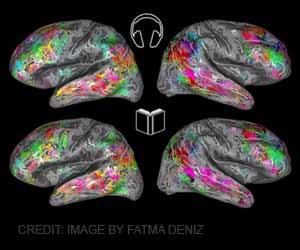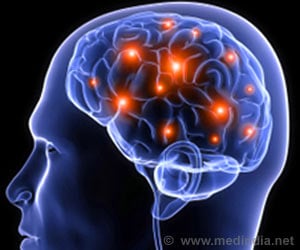Stress increases the likelihood that an older person will develop amnestic mild cognitive impairment, which is a precursor for Alzheimer’s disease.

‘Older adults experiencing a higher level of stress are twice likely to experience amnestic mild cognitive impairment, a precursor of Alzheimer’s disease.’





Participants were analyzed using the standard test for stress, Perceived Stress Scale (PSS). For every 5-point increase in PSS scores, the risk of developing aMCI increased by 30%. They found that 71 people were diagnosed with aMCI (amnestic mild cognitive impairment). "Our study provides strong evidence that perceived stress increases the likelihood that an older person will develop [amnestic mild cognitive impairment]. Fortunately, perceived stress is a modifiable risk factor for cognitive impairment, making it a potential target for treatment," said lead researcher Dr. Richard Lipton.
Researchers suggested that elderly people can reduce stress by undergoing intervention programs such as meditation, Yoga and cognitive behavioral therapy.
"Perceived stress reflects the daily hassles we all experience, as well as the way we appraise and cope with these events. Perceived stress can be altered by mindfulness-based stress reduction, cognitive-behavioral therapies, and stress-reducing drugs. These interventions may postpone or even prevent an individual's cognitive decline," concluded co-author Mindy Katz.
Source-Medindia















